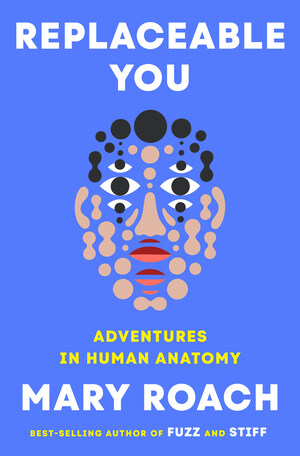
New study paints clearest picture yet of women's struggle to get glasses, an inexpensive fix for the world's leading cause of vision impairment
NEW YORK, Nov. 5, 2025 /PRNewswire/ -- Many women around the world with vision problems need one very simple thing: a pair of glasses. But new research from Orbis International reveals that women face more difficulty than men in getting them. Refractive errors—vision problems that can be fixed with glasses—are the leading cause of vision impairment worldwide.
The study, a systematic review published in Ophthalmology, shows that women are less likely to receive this kind of straightforward vision care, especially in Southeast Asia, East Asia, and Oceania, and in low-income and urban settings.
There are a number of reasons for this, including women being unaware of the importance of eye care, lacking access to family finances to pay for care or transport, and being unable to take time away from household responsibilities to seek care. The study found that these gaps are smallest in high-income countries but much larger in low- to middle-income regions. Among these areas, 56% of the studies reviewed reported that women had lower access to glasses than men.
Importantly, the study finds that gender differences in access to glasses are not evident among school-aged children, but do emerge among adults. "These results are important because they suggest school-based vision screening programs can be effective in reaching both girls and boys who need glasses," says Sonia Mavi, PhD candidate at Queen's University Belfast, the study's lead researcher. "Despite these findings, many women and girls still struggle to access the refractive care they need in some parts of the world. The challenge now is to look at the common barriers women and girls face in accessing glasses outside of the classroom and to put programs into place to address those barriers."
Vision impairment has far-reaching implications not just for women and girls, but also their families and communities. Poor vision can make it harder to read, succeed in school, find work, and fulfill daily tasks. Women make up two thirds of the world's illiterate adults (aged 15 and over), and for some of these women, a simple pair of glasses could be a low-cost ticket to literacy, better employment and economic prospects, and an improved quality of life.
"In the areas where Orbis works, accessing eye care can be challenging for everyone, but because of the extra barriers they face, women and girls make up the majority of people living with vision loss globally. That's why we cannot solve this crisis without addressing the unique challenges they experience," says Noelle Whitestone, Director of Clinical Strategy & Impact, Orbis International and an author on the study.
Orbis is working to remove these barriers in a number of ways, including:
- Bringing care directly to where women and girls already are through eye exams at children's schools and homes, vision centers that employ women and provide basic care in remote areas, and offering treatment during visits to local communities
- Providing screening and treatment for conditions that are more likely to affect women and girls, such as trachoma, an infectious cause of blindness, and retinopathy of prematurity, a leading cause of childhood blindness
- Training more women eye health professionals around the world—because in many communities, women feel more comfortable seeking care from a female provider
About Orbis International
Orbis International works around the world to prevent blindness and restore sight for children and adults in places where eye care is out of reach—so vision problems don't make it harder to learn, earn a living, or enjoy life. Around 1.1 billion people live with vision loss, but with the right care, 90% of it is completely avoidable. That is why Orbis trains doctors, nurses, and other eye care professionals to provide care in their own communities—and works to make sure people of all ages can access the eye exams, glasses, medicine, and surgeries they need to protect and restore their sight. Orbis began this work more than 40 years ago with the Flying Eye Hospital, a teaching hospital on a plane that brings expert training and care where they're needed most. Today, we also work with local hospitals and clinics across Africa, Asia, and Latin America to make eye care available to more people, and we use and develop technology—like our award-winning Cybersight e-learning and telehealth platform, artificial intelligence screening, and virtual reality training—to help eye care teams treat patients more effectively. Orbis ranks in the top 3% of U.S. charities, having earned top marks for transparency and accountability from Charity Navigator, GuideStar, and the Better Business Bureau. To learn more, please visit orbis.org.
Media Contact
Jenna Montgomery
Associate Director, Global Communications and Marketing
Orbis International
SOURCE Orbis International








Share this article